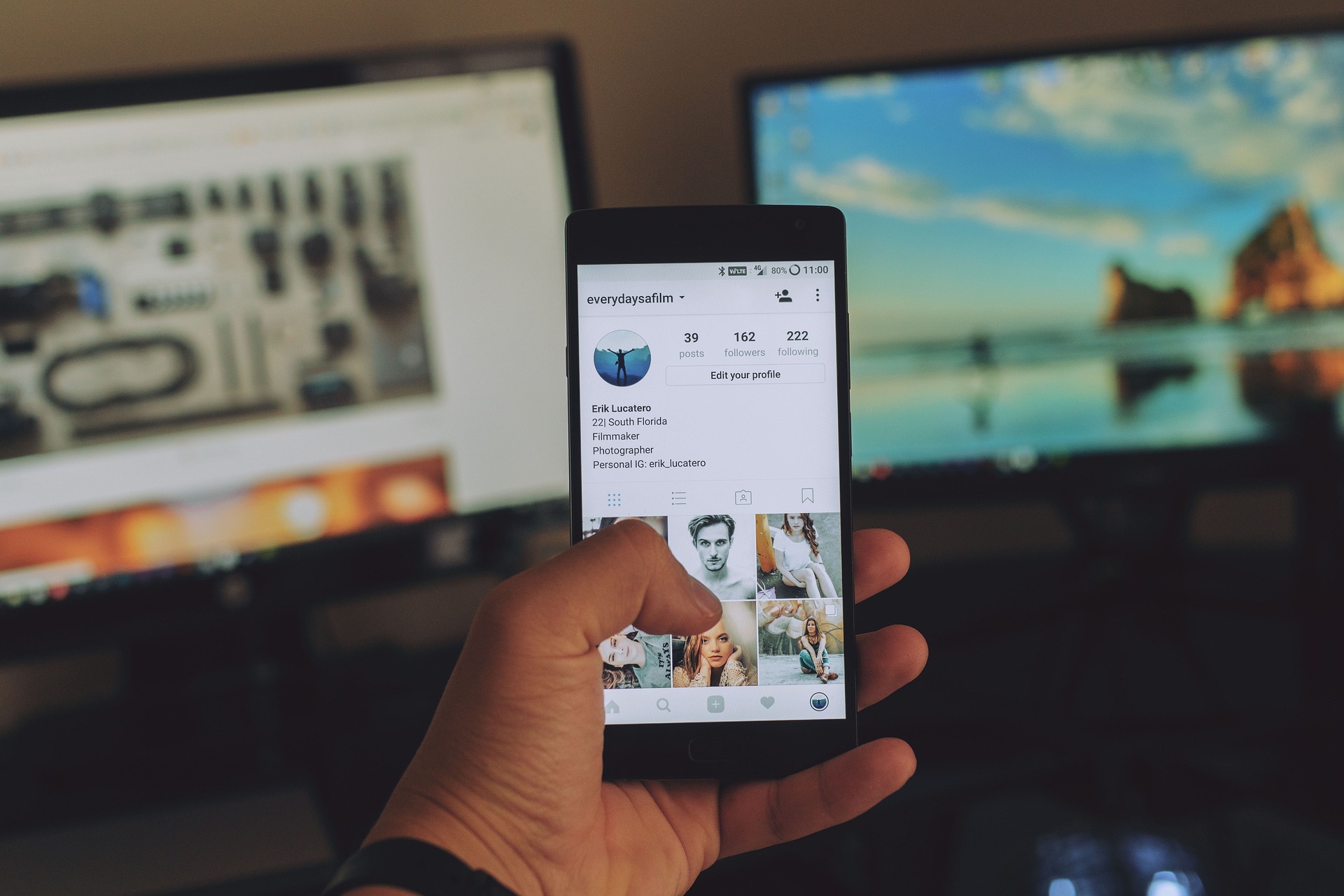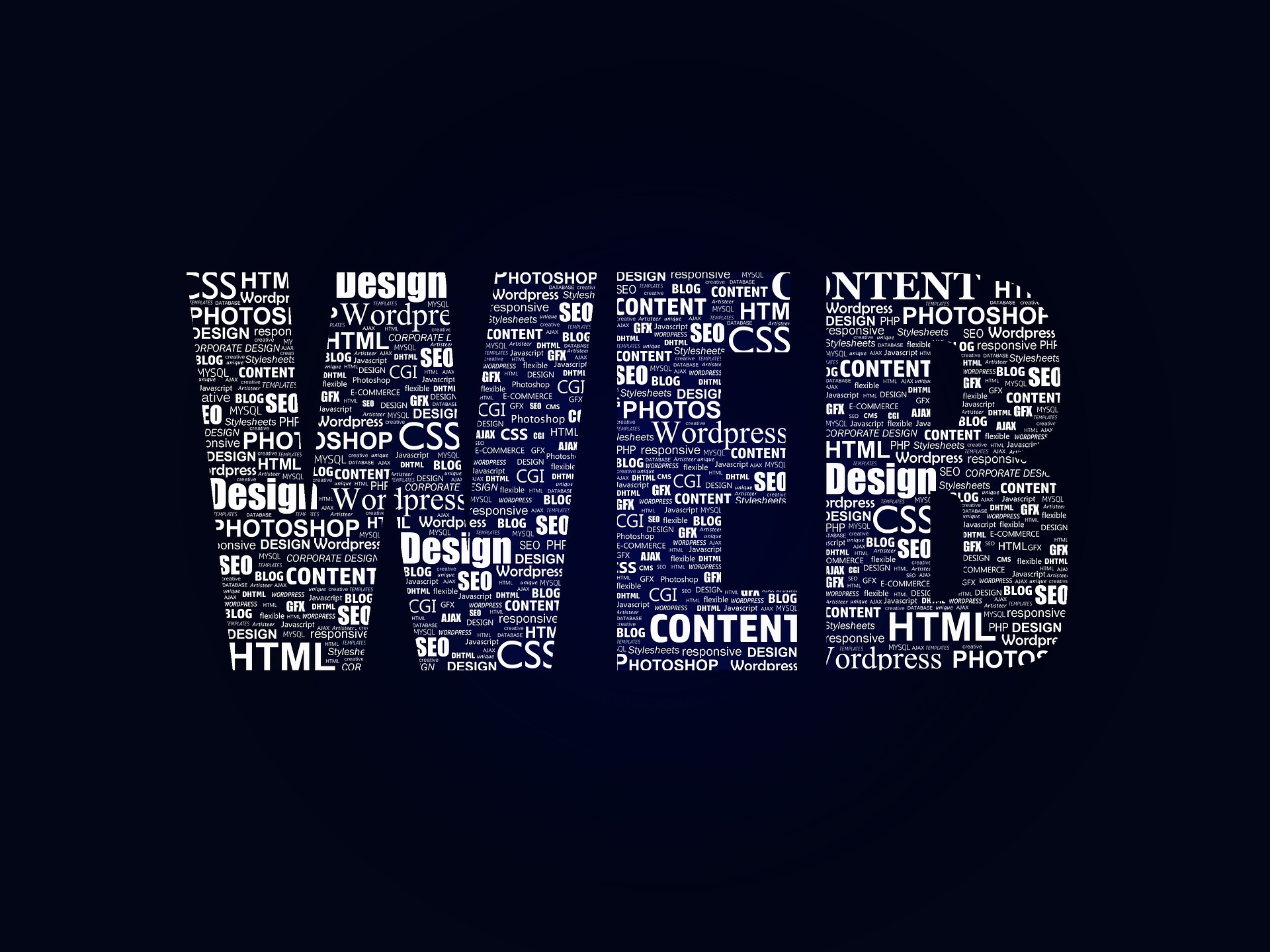The Subtle Power of Memes: A Sociocultural Analysis
The first meme was born in the depths of an internet forum, a simple picture accompanied by a humorous caption. Little did we know, this seemingly trivial form of amusement would evolve into a powerful tool for communication, social commentary, and even political discourse. Read below to delve into the fascinating world of memes and their impact on our society.

Memes: A Historical Perspective
The term ‘meme’ was first coined by evolutionary biologist Richard Dawkins in his 1976 book “The Selfish Gene”. For Dawkins, a meme was a cultural element, an idea or a behavior that could spread from person to person within a culture. It was not until the advent of the internet that memes found their most potent form: viral images shared across digital platforms.
In the early days, memes were mostly humorous and light-hearted, spread through platforms like 4chan, Reddit, and later, Instagram and Facebook. Over time, however, they became more sophisticated, carrying complex layers of meaning and commentary about current events, societal norms, and cultural trends.
Memes and Modern Society: A Cultural Paradigm Shift
Memes have become a language of their own, a unique form of communication that resonates with the digital natives of today. They have permeated various aspects of our lives, from politics to pop culture, reflecting the zeitgeist of our times.
One of the most significant shifts memes have brought about is the democratization of content creation. Anyone with an internet connection can create and distribute a meme, giving rise to a new form of grassroots digital activism. Memes have been used to challenge power structures, push for social change, and highlight societal issues, all while maintaining their characteristic humor and relatability.
The Sociological Significance of Memes
Memes are more than just humorous images shared on the internet. They are sociocultural artifacts that provide a window into our collective consciousness. By examining the memes of a particular period, sociologists can gain insights into the prevailing attitudes, concerns, and discourses of that time.
Memes also serve as a form of social bonding. Sharing and understanding memes requires a certain level of cultural literacy, creating a sense of camaraderie among those ‘in the know’. This shared understanding strengthens social connections and fosters a sense of community in the digital realm.
The Future of Memes: A New Social Frontier
As we look towards the future, it is clear that memes will continue to play a vital role in our digital culture. They are evolving, becoming more sophisticated and diverse, reflecting the complex, multifaceted society we live in. With the advent of technology like deepfakes and virtual reality, the possibilities for meme creation are expanding, opening up new avenues for social commentary and cultural expression.
It is crucial to recognize and understand the power of memes, not just as a form of entertainment, but as a tool for communication, social critique, and cultural reflection. Memes are here to stay, and as they evolve, so too does our understanding of society and culture.
The rise of memes exemplifies the dynamic and transformative power of digital culture. They have brought about a new form of communication, fostered digital activism, and provided a unique lens to view our society. The subtle power of memes lies in their ability to entertain, connect, and enlighten, making them a truly remarkable sociocultural phenomenon.




